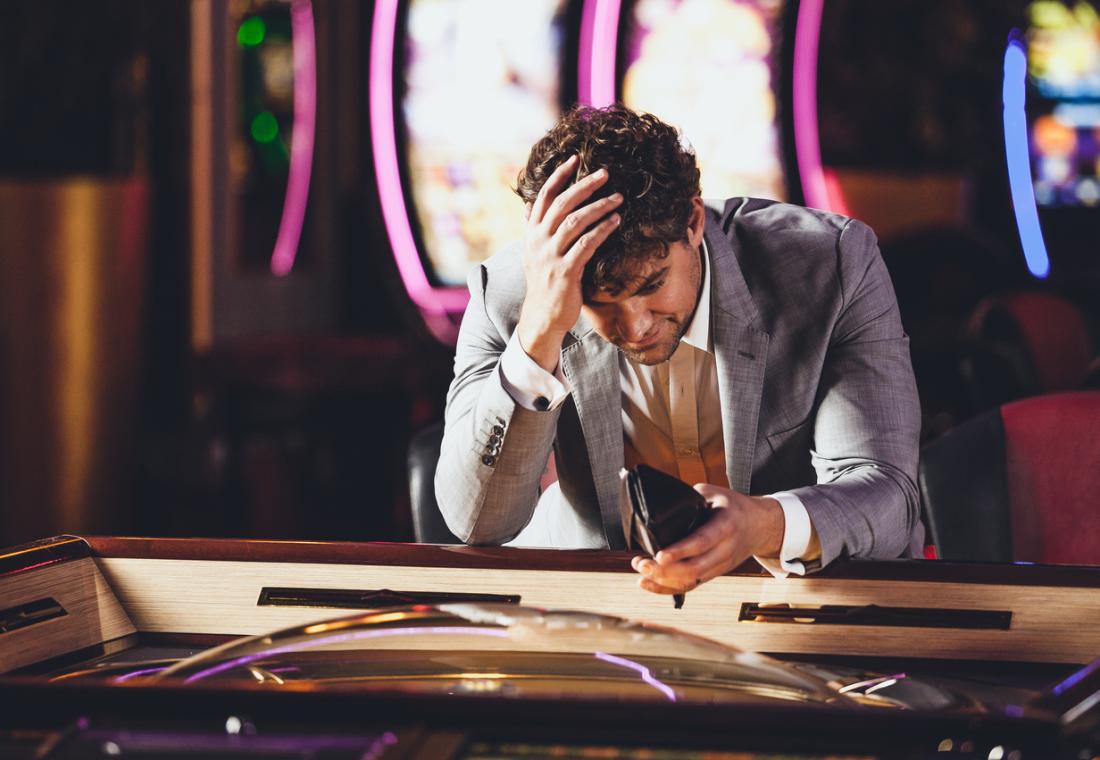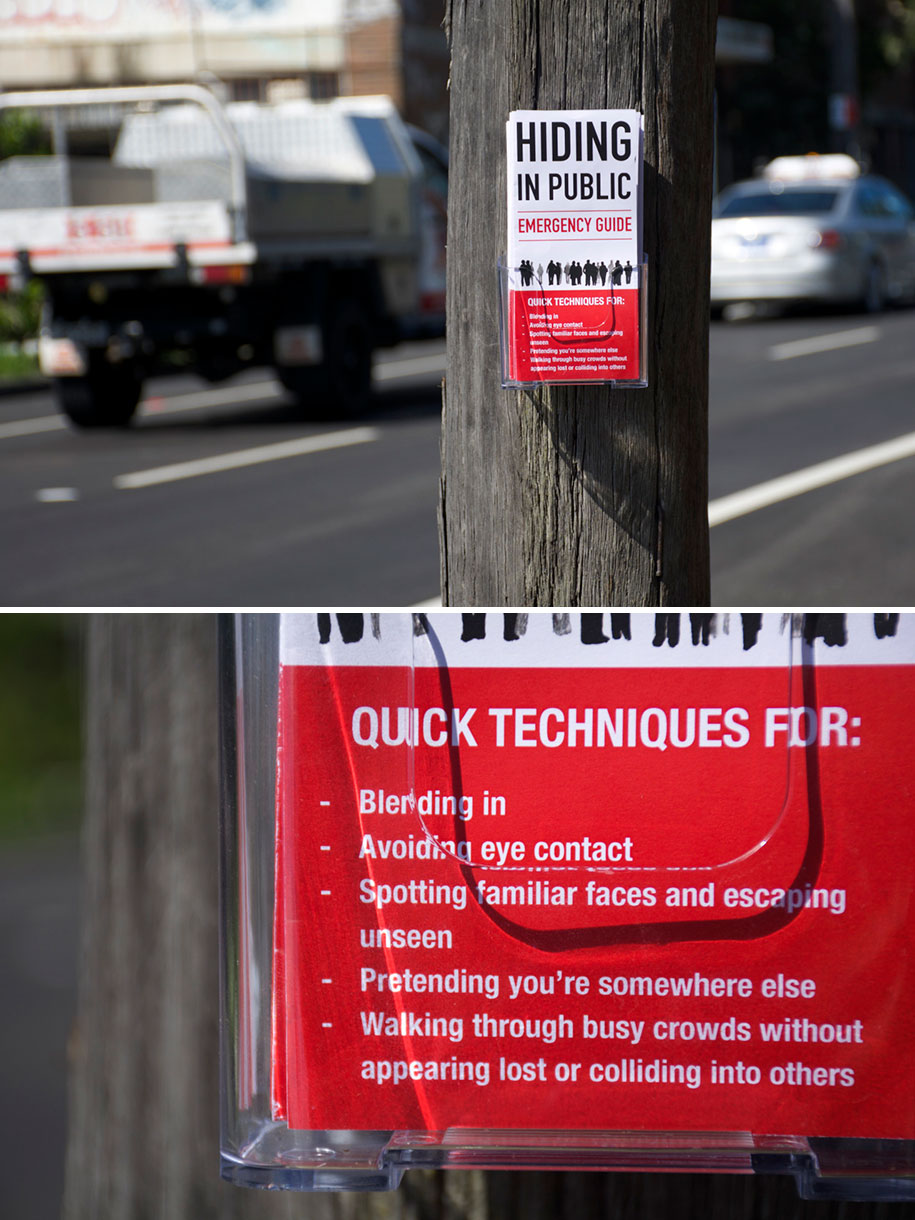Signs He Has A Gambling Problem
Gambling addiction isn't diffcult to determine. Here are the symptoms and signs of addiction to gambling.
What are the Signs of Gambling Addiction?
The fourth edition of the Diagnostic and Statistical Manual of Mental Disorders lists the following criteria for pathological gambling: preoccupation, tolerance, withdrawal, escape, chasing, lying, loss of control, illegal acts, risk of significant relationship, and bailout.
Signs you have a SERIOUS gambling problem Discusses money This is from my own personal experience, and I was someone who started out somewhat reasonable in my early years, I will try to order them for least to most serious, but basically any of these signs means you must exclude yourself, gamban all your devices and cut off funding sources. Signs and symptoms of compulsive gambling (gambling disorder) include: Being preoccupied with gambling, such as constantly planning how to get more gambling money Needing to gamble with increasing amounts of money to get the same thrill Trying to control, cut back or stop gambling, without success. Lying, stealing, or engaging in illegal activities to get more money are clear signs that there is a problem. A compulsive gambler may constantly increase the stakes or money so that they can get a bigger thrill. A compulsive gambler may try to hide their habit from family and friends. The diagnosis of being a problem gambler is not static. Symptoms tend to evolve and change over time, often in a cyclical manner. To better illustrate the changing nature of problem gambling, we have decided to include two 'models' of problem gambling that will help you understand what a problem gambler generally goes through. Learn about compulsive gambling. When family members understand that gambling addiction is a.
Preoccupation
One sure sign of gambling addiction is preoccupation. Preoccupation occurs when the gambler constantly thinks about gambling. He or she may frequently recall past gambling experiences. The gambler's life is now centered on gambling and how to acquire money with which to gamble. A preoccupied gambler may duck out of certain obligations and spend money designated for other purposes just to fulfill the gratification gained by gambling.
Tolerance
In the same way that a drug abuser can become tolerant of the substance that he or she is taking, one of the keys signs of a gambling addiction is the gambler becoming tolerant of gambling. The gambler becomes tolerant when he or she needs more and more money to achieve the desired sensation, just as a cocaine addict may need more and more cocaine.
Withdrawal: Another Sign of Gambling Addiction
Halting gambling may lead to withdrawal. This withdrawal may not come in a form as physical as the body's withdrawal from a substance, but a gambler suffering from withdrawal may experience agitation and irritability when he or she tries to gamble less or quit gambling altogether.
Escape
Signs He Has A Gambling Problem Occurred
Pathological gamblers may also use gambling to escape from the world. They may be attempting to run away from their problems or to combat negative feelings of helplessness, guilt, anxiety, or depression.
Chasing
The gambling addict may also become a chaser of losses. In other words, when the gambler loses money, he or she returns the next day to try to gain it back or get even with the house.


Lying
You may have seen this sign of gambling addiction. Gambling addiction can lead to lying to both family members and friends about how the gambler is getting the money to gamble and the amount of time he or she is spending gambling.
Loss of Control

If you or a loved one has tried over and over again to stop gambling, this may be a sign that you have lost control to your gambling addiction and need to seek help. (more information about gambling addiction help)
Illegal Acts
Many compulsive gamblers become so in need of funds for their addiction that they resort to stealing—through larceny, fraud, or embezzlement—in order to continue their habits.
Risk of Significant Relationships
Another of the gambling addiction symptoms is how the gambler's relationships are affected, including jobs, personal relationships, educational opportunities, and so forth.
Final Gambling Addiction Sign: Bailout
A final symptom of gambling addiction is relying on others for monetary support for financial problems created by gambling.
Sources:
- DSM IV - American Psychiatric Association
- GamblingResearch.org

next: Do You Have A Gambling Problem?
~ all gambling addiction articles
~ all articles on addictions
APA Reference
Gluck, S. (2009, December 22). Signs of Gambling Addiction, HealthyPlace. Retrieved on 2020, December 31 from https://www.healthyplace.com/addictions/gambling-addiction/signs-gambling-addiction
Not everyone who gambles will go on to develop a problem; for some, though, this seemingly harmless activity can become a crippling obsession that has the potential to destroy their life. It is all good and well to enjoy a flutter on the horses every now and then or to play a line on the lottery every week, but just when does gambling become an addiction?
What Is Problem Gambling?

If you have ever thought about how and when gambling becomes an addiction, think about your gambling habits and how it is affecting your life. If you have control over your gambling and have not developed an unhealthy obsession with it, then you probably do not have much to worry about. On the other hand, if your gambling has started to have a negative impact on various parts of your life – such as your relationships, your work, and your finances – you could be in trouble.
Gambling addiction is also known as compulsive gambling or problem gambling and is, as all addictions are, an illness of the brain. It is referred to as an impulse control disorder because those affected will feel compelled to gamble, even when they know that to do so will have negative consequences for themselves and/or their loved ones.
Individuals with a gambling problem will gamble regardless of how much money they have or what mood they are in. The affected person may even begin to do things that he or she would not normally have ever contemplated, such as stealing money in order to satisfy their impulse.
What Are the Signs of a Gambling Addiction
If you are worried that you or someone you love might have an issue with gambling, there are a number of signs to look out for. These include:
- Spending more money than you can afford on gambling
- Lying to family members and friends about gambling habits or feeling guilty when gambling
- Chasing losses in a desperate attempt to claw back money that could not afford to be lost
- Being unable to control the ability to stop gambling once started
- Spending most of your free time gambling or thinking about gambling
- Neglecting various areas of life in favour of gambling
- Borrowing money from family members and friend to allow the continuation of gambling when available funds have been spent
- Needing to bet higher amounts in order to get the same feelings of excitement
- Stealing money to feed the obsession with gambling.
If the above signs are familiar to you, then you may be in need of assistance with the problem. It is worth talking to a professional at this point for the advice and information this person could offer regarding the various programmes available that can help get your life back on track.
Gambling Myths and Facts to be Aware Of
Many myths surround gambling addiction that prevent those affected from getting the help they need to stop. One such myth is that you only have a gambling addiction if you gamble every day. In reality, gambling addicts can go for days without gambling. If you were wondering when does gambling becomes an addiction, the simple answer is when it begins to cause problems in the lives of those affected. Problem gamblers do not have to gamble every single day. Some will only do so every now and then, but if the individual is unable to stop once started, and if their gambling causes negative consequences in their life, then it is likely that there is a problem.
Another myth that surrounds gambling addiction is that it is only a problem if the gambler is betting money that he or she cannot afford to lose. This is not the case. Just because a person may have more disposable income than the next does not mean that he or she cannot be affected by a gambling addiction. The problems that result from a gambling addiction are not limited to financial ones. Gambling addiction can cause the destruction of relationships and can lead to poor mental health. Many gambling addicts will suffer with depression and some will even develop suicidal feelings.
So, Who Is Affected by Gambling Addiction?
A common misconception regarding gambling addiction is that it only affects those who are weak or who have no willpower. In fact, this is a common misconception that can be applied to any type of addiction. Nevertheless, addiction is not something that just affects weak people or those with a poor moral character.
It is, in fact, an illness of the brain and it can affect absolutely anyone, in the same way that illnesses such as cancer or diabetes can affect anyone. What you need to remember is that nobody chooses to become a gambling addict and not everyone who gambles will develop a problem. There are many people who can gamble responsibly, but there are those for whom it can have devastating consequences.
Signs Of A Gambling Addiction
Since gambling has become much more accessible online, increasingly more people are becoming affected. Below are a few statistics from the Gambling Commission regarding gambling habits of people here in the UK (correct at the time of this writing in 2017):
- 48% of people have gambled in the past four weeks.
- 53% of men have gambled in the past four weeks.
- 44% of women have gambled in the past four weeks.
- 17% of people have gambled online in the past four weeks.
- 97% of online gamblers gamble at home.
- 55% of online gamblers gamble using a laptop.
- 43% of online gamblers gamble using a mobile of tablet device.
- 26% of online gamblers have bet in-play in the past four weeks.
- 5% of people aged 16+ in England identify as problem gamblers (2012)
- 7% of people aged 16+ in Scotland identify as problem gamblers (2015)
- 1% of people aged 16+ in Wales identify as problem gamblers (2015).
As you can see, problem gambling affects many people across the United Kingdom. It is an illness that can affect anyone, no matter their gender, age, race, colour, or background.
Signs He Has A Gambling Problem Solving
What Help Is There for Gambling Addiction?
If you have become affected by a gambling addiction, getting help as soon as possible is very important. The sooner you get help, the sooner you can begin to get your life back on track. As with any other type of addiction, a gambling addiction is one that can quickly spiral out of control if not dealt with in a timely manner.
You need to remember that ignoring the problem will not make it go away. Gambling addiction will get worse if you do not do something about it right now. Call us here at Primrose Lodge today for information and advice about how to overcome your gambling addiction once and for all.
Problem Gambling Signs
We offer superb programmes of treatment for many different types of addiction, including gambling addiction. Our professional and fully trained staff can offer helpful advice on the next steps you should take to put your days of gambling behind you once and for all. Call us now for more information on how we can help you if you are asking yourself “when does gambling become an addiction.”